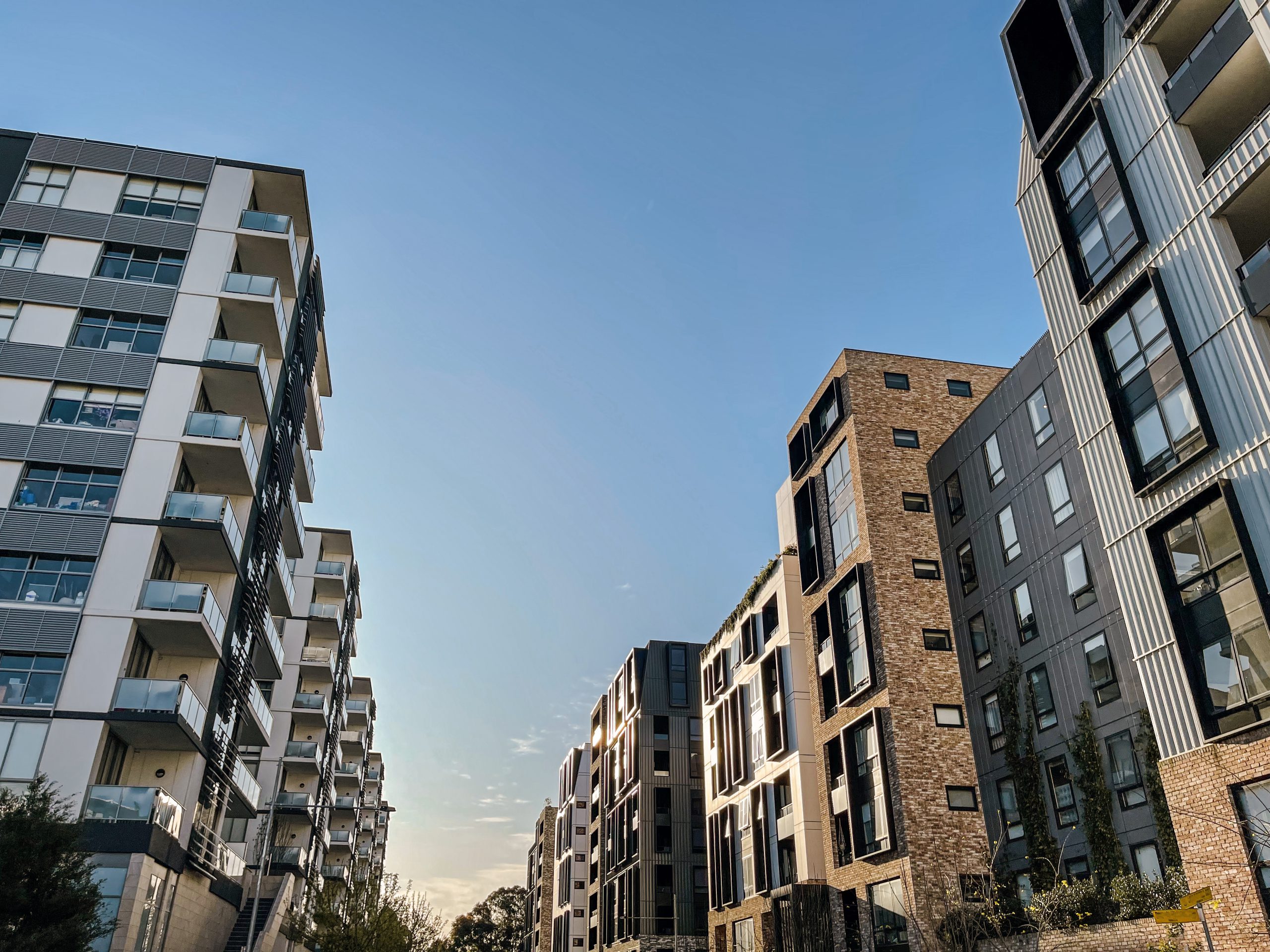
The planets have aligned if you’re an ambitious property investor ready to begin your portfolio.
Record-high rents in many areas of Australia have coincided with a fall in property prices, giving you a rare opportunity.
Interest rates may remain challenging, but the upswing is the decline in values which makes property investment an increasingly attractive proposition.
Investors who cashed out at the top of the value cycle, often selling to owner-occupiers, have returned to real estate, or they’re circling opportunities.
If you’re looking to begin a portfolio with the rental market running hot and properties offering true value, we’ve listed some essential tips. We hope you find them helpful.
Here are our eight essential tips for starting a portfolio.
Your motivation
A property portfolio is a long-term wealth builder, and achieving your goals over the years is enormously satisfying. However, if you want to trade frequently and make quick profits, you may be happier playing the stock market.
Great advice
Find a financial adviser to help you get started and stay on top of the constant legislation and tax rule changes. Unless you have the appropriate experience, don’t try doing this alone.
Money-maker
Creating a portfolio is all about building wealth, so don’t stray from this singular path. Purchases should deliver capital growth and solid rental income. Never buy an investment property because you “like it”. You won’t be living there.
Right focus
Before investing, identify the areas and styles of property you can afford. Most start with an apartment, but as your wealth grows, family homes will come into the equation because they deliver the best returns and most loyal tenants.
Capital growth
An investment property should always have the potential to rise in value. Make this a top consideration when buying.
Rental yield
Gross yield is the annual revenue your property generates as a percentage of its value. A good yield is around 5.5%. When prices shot north during Covid, many yields slumped to between 3% and 3.5%, convincing many investors to sell. With prices dipping and rents rising, yields are returning to their norm.
Positive cash flow
Experienced investors look for properties that will generate profit, rather than lose money and allow them to negative gear, a tax benefit (see below). You’ll hear a lot about negative gearing as you delve into the details of property investment. However, there’s nothing wrong with making a profit!
Negative gearing
When the rent fails to cover outgoings, you should be able to claim this loss to reduce your overall taxable income. This is called negative gearing.
NOTE: The information in this article is general in nature and provided as a general overview only. Always consult your financial advisor or accountant for advice specific to your personal circumstances.
